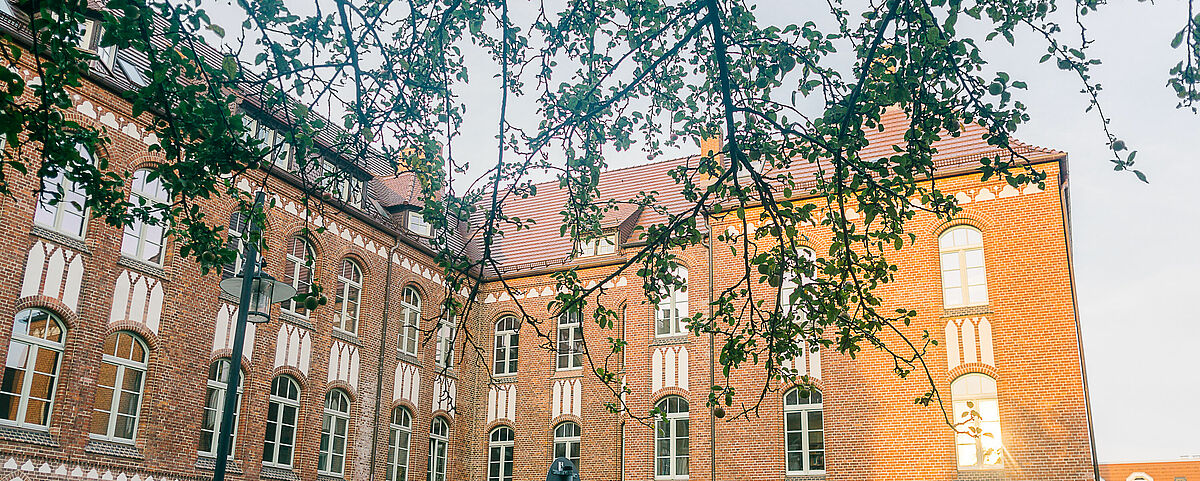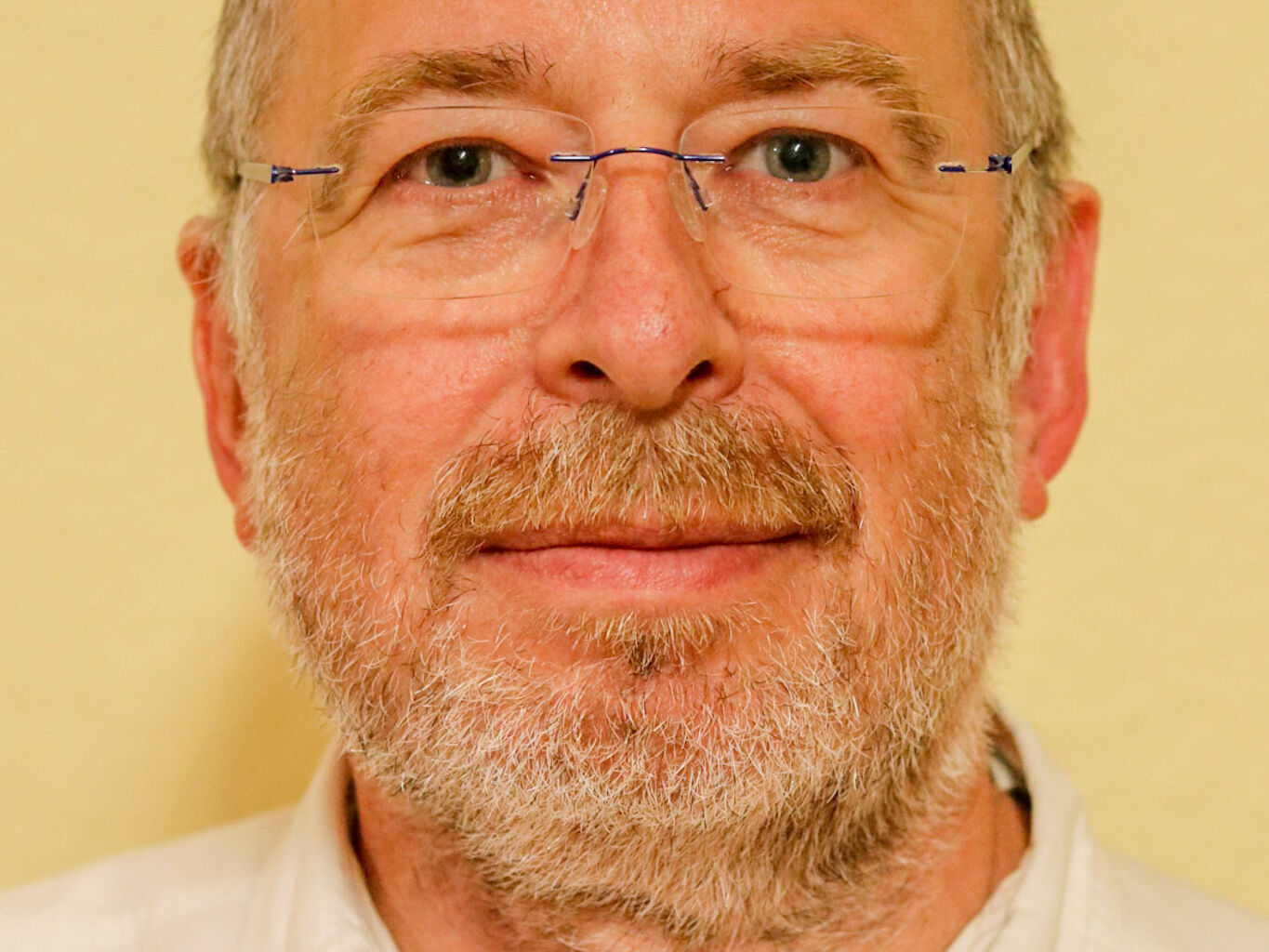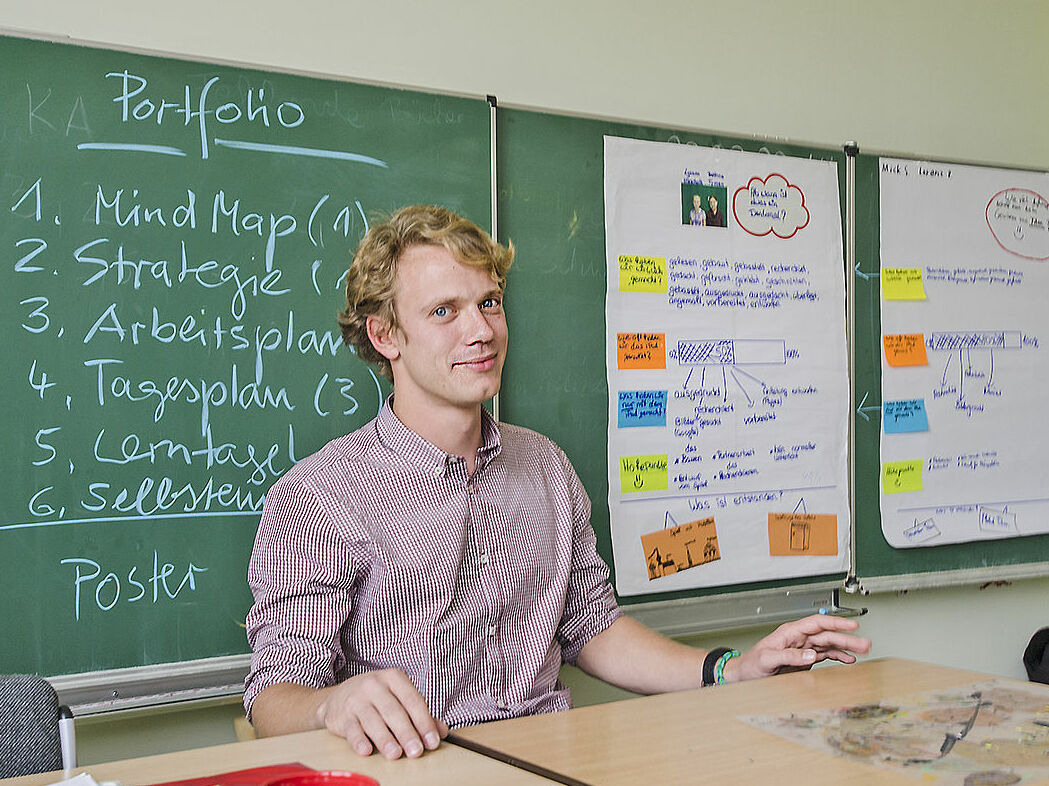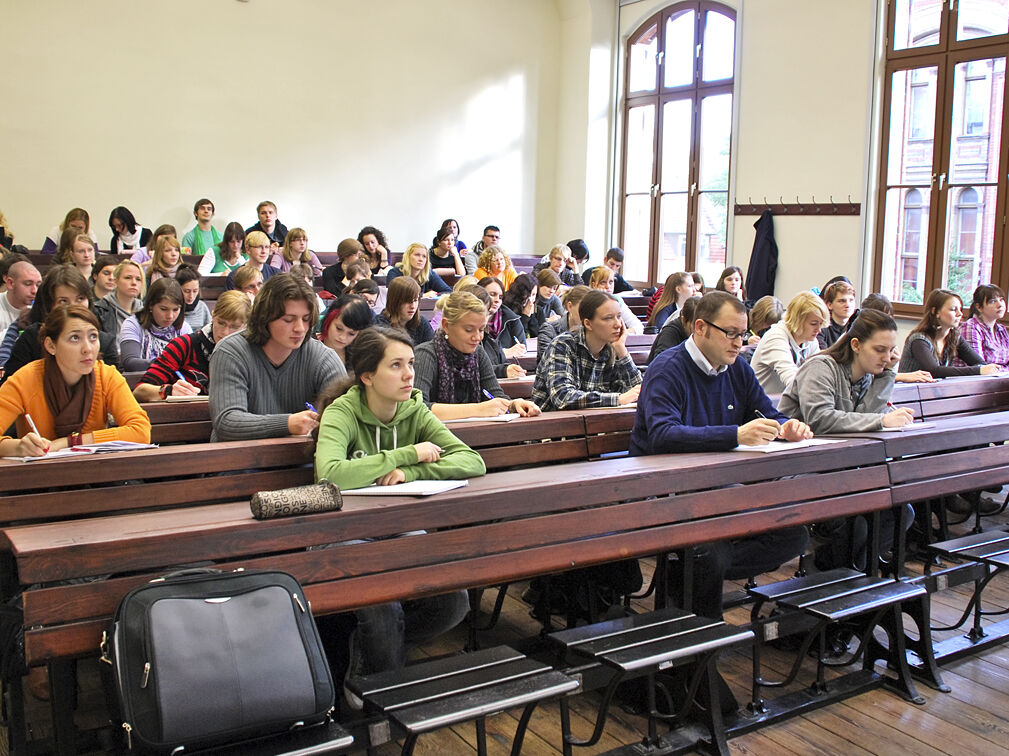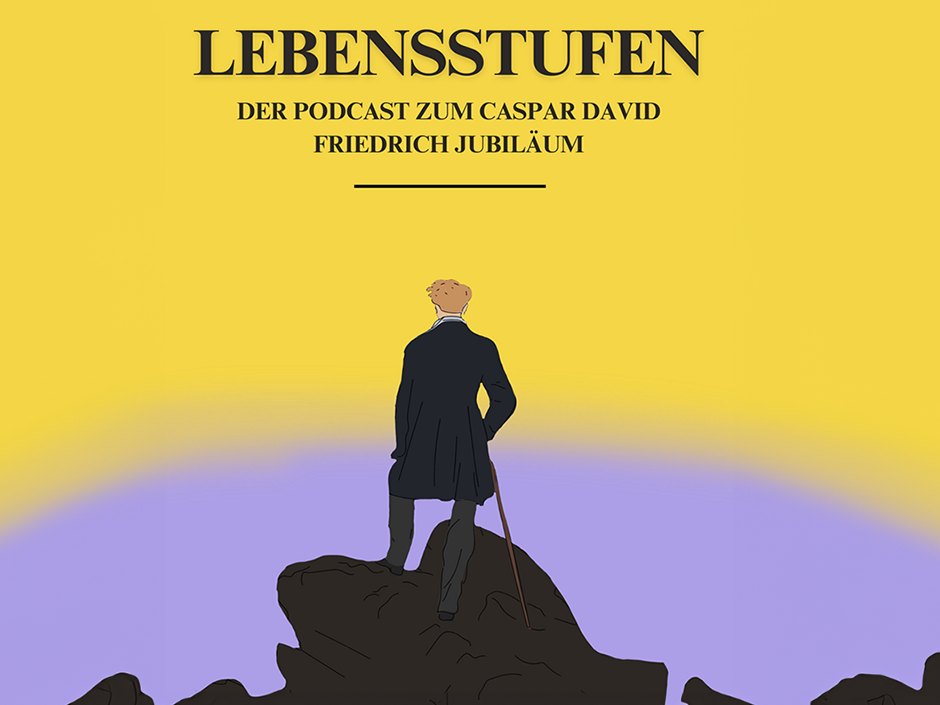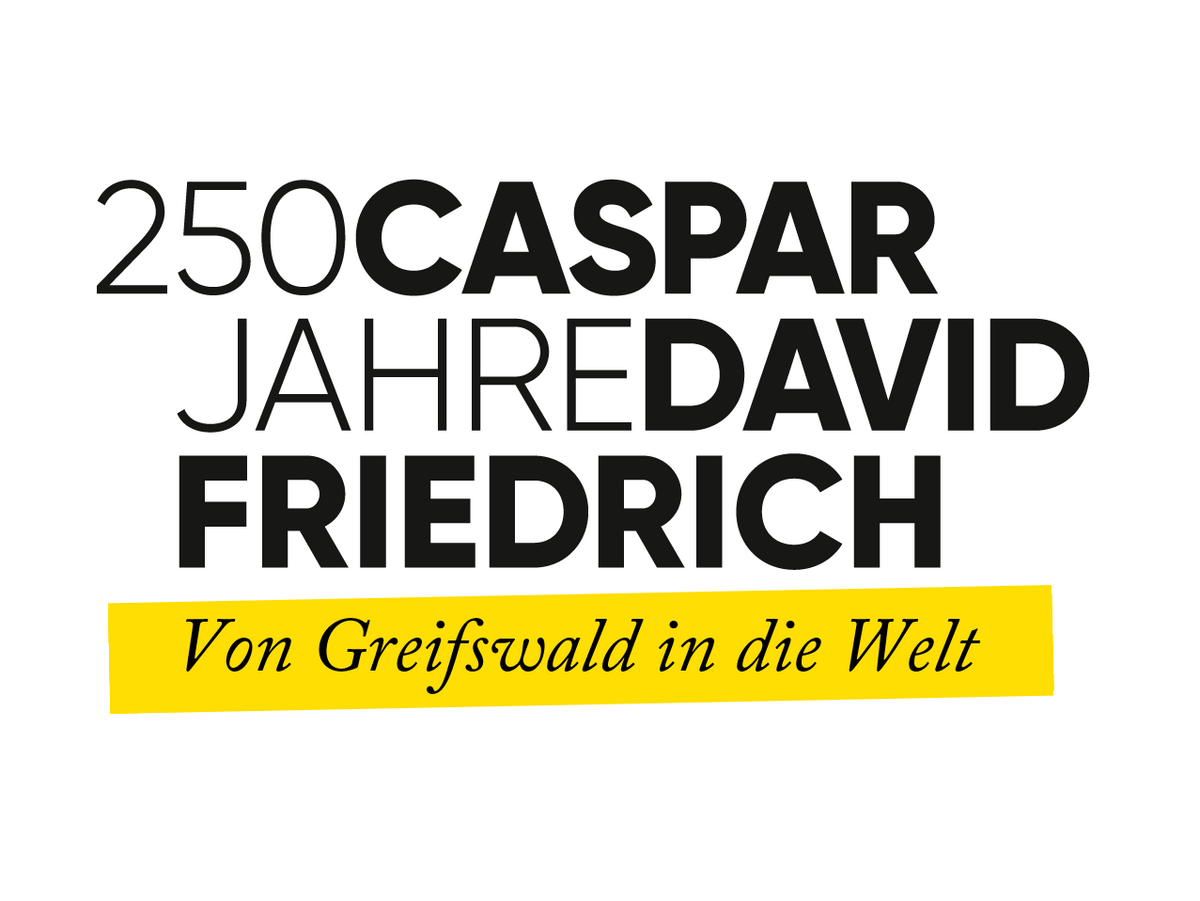At first glance, RNA appears to be a very simple biomolecule, composed of only four building blocks. However, it is becoming increasingly clear that the more than 200 known natural chemical modifications support, extend and modulate the functions of RNAs. In 2015, we have discovered RNAs in bacteria that are linked to a ubiquitous coenzyme of cellular metabolism, namely NAD+. The linkage is similar to that of the RNA cap structures known in higher organisms. This work has established the new field of non-canonical capping, and the NAD captureSeq method developed by us has been widely adopted. In my lecture, I will report recent progress on the biosynthesis, degradation, and possible biological functions of this new RNA modification. Furthermore, I will present our work aimed at identifying RNAs linked to other coenzymes.
Andres Jäschke studied chemistry at Humboldt University in Berlin, where he received his Ph.D. degree in 1993 working with Dieter Cech. After graduation, he spent two years as a postdoctoral fellow with Alexander Rich at MIT (Cambridge, USA). From 1995 to 2002 Andres Jäschke was a Junior group leader at Free University in Berlin, where he received his habilitation in bioorganic chemistry in 2000. Since 2002, he has been holding the Chair of pharmaceutical and bioorganic chemistry at Heidelberg University. His research group made major contributions to the chemical biology of nucleic acids.
Moderation: Professorin Dr. Sabine Müller
-------
Organizational information on the digital lecture
The Alfried Krupp Wissenschaftskolleg is offering this event live as a zoom meeting, in which viewers can also take part in the subsequent discussion with video contributions.
- We would be delighted if you gave your real name when dialing into Zoom. Of course, you can also take part in the event under a pseudonym.
- A list of all participants is available to all those involved during the entire event.
- During the lecture, the microphones of the audience are all automatically muted so as not to generate any disturbing background noise. You can turn on the audience's camera during the lecture.
- In the discussion that follows, requests to speak or questions can be displayed using the "Raise hand" function. You can find these - depending on the device - under the button "Participant", "More" or "Reactions" in Zoom. You can also lower your hand again if you want to withdraw the question.
- The moderator keeps a speech list and gives the floor in the order of the messages. If the moderator asks you to bring your question or request to speak, the user interface will ask you to turn on your microphone. If you have not already done so, you are welcome to turn on your camera. This is particularly desirable when presenting longer requests to speak so that the presenter can also see who is asking the question or who is making the comment.
- Of course, you also have the option of asking your questions in writing in the chat.
Recording of the digital lecture
The digital lecture will be recorded so that it can be used in the college's media library. Only the speaker, his / her presentation and the moderator can be heard or seen in the recording. Video, audio or chat contributions are not recorded. A “REC” symbol at the edge of the screen informs the participants about the current recording.

